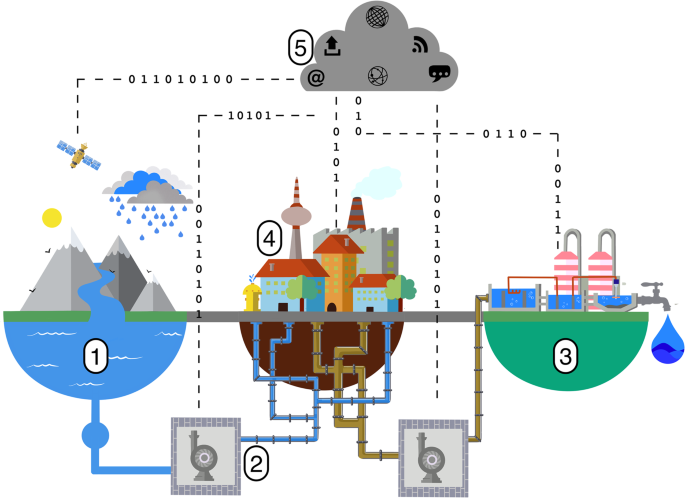
Access to clean and reliable water services is not only a convenience but a fundamental human right, and its significance cannot be overstated. In the context of developing nations, water utilities like the National Water and Sewerage Corporation (NWSC) are the unsung heroes, silently working behind the scenes to foster remarkable socio-economic progress.
First and foremost, the influence of water utilities in developing nations is vividly reflected in the realm of public health. The provision of clean drinking water and proper sanitation facilities is nothing short of a life-saving endeavor. Diseases like cholera, dysentery, and typhoid, once rampant, have seen their prevalence significantly reduced, thanks to the relentless efforts of entities like NWSC. This, in turn, translates into reduced healthcare expenditures and a more productive populace, as a healthy society is a more economically vibrant one.
Beyond health, the impact of these utilities extends to the very backbone of a nation’s economy. Reliable water services are the lifeblood of industries, agriculture, and commercial establishments alike. NWSC’s commitment to providing a consistent water supply creates an environment conducive to business growth and expansion. When industries have access to ample water resources, they can operate with maximum efficiency, leading to increased production, job creation, and an overall boost to economic prosperity.
Furthermore, water utilities play a pivotal role in addressing the issue of poverty in developing nations. In many of these countries, women and children bear the laborious burden of fetching water, a task that is not only time-consuming but physically demanding. Reliable utilities like NWSC bring water closer to homes, alleviating this burden and allowing women and children to redirect their time and energy towards education and income-generating activities. This ripple effect contributes significantly to poverty reduction and empowers these vulnerable groups.
Environmental sustainability is a global concern, and water utilities are not exempt from this responsibility. NWSC, for instance, places a strong emphasis on efficient water resource management and wastewater treatment. By treating wastewater properly and preventing pollution, these utilities not only safeguard local ecosystems but also ensure a sustainable supply of clean water for future generations. It’s a commitment to the environment that cannot be overstated.
The establishment and maintenance of water infrastructure are no small feat and require a significant workforce. Water utilities like NWSC create employment opportunities, both directly and indirectly, spanning across various sectors, including engineering, administration, and customer service. This not only contributes to overall economic development but also helps in reducing unemployment rates, a critical challenge in many developing nations.
Last but certainly not least, water utilities strive for social equity by ensuring that water services are accessible to all, regardless of socio-economic status. Often, they implement pro-poor policies, such as affordable tariff structures and the extension of services to marginalized communities. NWSC, for example, has been actively involved in expanding access to water services in underserved areas, effectively bridging the gap between urban and rural populations.
From enhancing public health and driving economic growth to alleviating poverty and promoting environmental sustainability, these utilities are catalysts of change. They create jobs, ensure social equity, and improve the quality of life for millions of people. However, it is imperative to address challenges such as infrastructure maintenance and financial sustainability to ensure the continued success of these utilities in fulfilling their socio-economic mission in developing nations.


